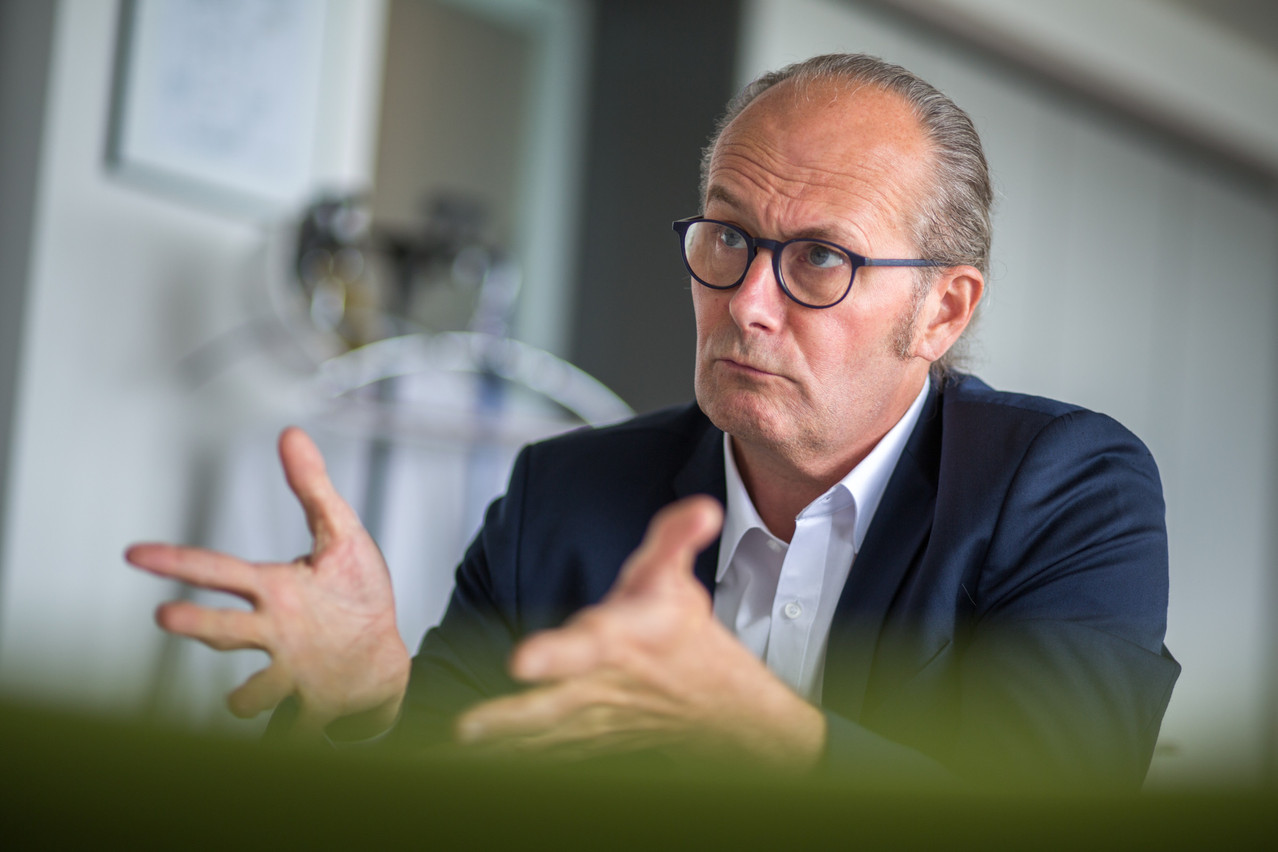Dealing with the soaring energy prices was on the agenda of the EU's Council of Energy Ministers in Luxembourg on Tuesday.
While the Member States approved the recent measures proposed by the European Commission (tax cuts, authorisation of subsidies and direct aid, etc.), positions differed on the long-term strategy.
On the one hand, several countries, including France and Spain, called for a reform of the internal energy market. France no longer wants the price of electricity to be mechanically coupled to the price of gas on the European wholesale market. A decoupling of the price of electricity and gas would, according to France, make it possible to take advantage of the low costs of nuclear power. This position is supported in particular by Greece and Spain, which also want a cap on gas prices.
On the other hand, 11 European countries (Germany, Austria, Luxembourg, Denmark, Estonia, Finland, Ireland, Latvia, the Netherlands, Belgium and Sweden) are opposed to the idea of an energy market reform. They consider the European system reliable and secure. "To completely undermine an internal market for gas and electricity would go against greater energy independence and would be counterproductive," said energy minister Claude Turmes (déi Gréng).
The solutions have been known for a long time: massive development of renewable energies, support for energy efficiency and increased interconnections between energy markets.
For the Luxembourg minister, the European system should not be called into question. However, he calls for an evaluation of the functioning of the gas storage system and the long-term gas purchasing strategy of suppliers on the European market, but also for an evaluation of the dominant position of some players in the gas market. One could read between the lines that there is a concern that a company like Gazprom has a tight grip on several gas storage sites in Europe, and more generally on the EU gas supply.
In order to considerably reduce Europe's dependence on fossil fuels, the minister is still pleading for an acceleration of the implementation of the "Fit for 55" package, which aims to reduce greenhouse gas emissions by 55% by 2030. “The solutions have been known for a long time: massive development of renewable energies, support for energy efficiency and increased interconnections between energy markets. Nuclear energy is not one of the solutions to the current situation,” said Turmes.
As a reminder, Luxembourg has decided to increase the cost-of-living allowance to €200 per household from 1 January 2022 in order to relieve the low-income households that are most affected by the current price increases. The minister also indicated that he remained in contact with energy suppliers in order to take stock of the situation.
This story was first published in French on . It has been translated and edited for Delano.

